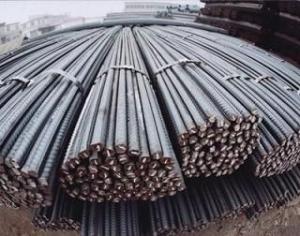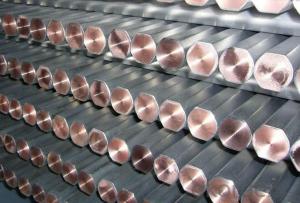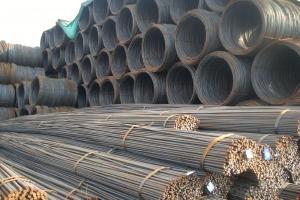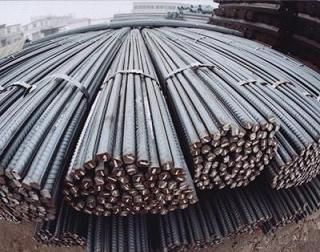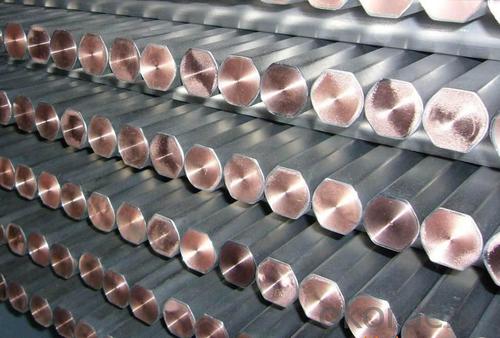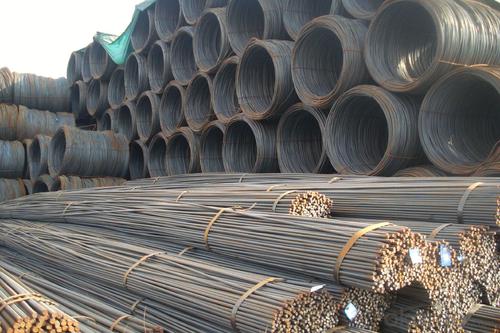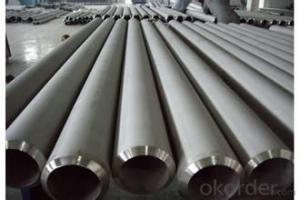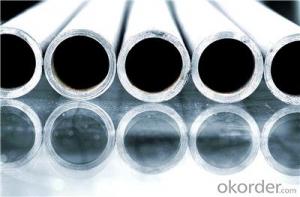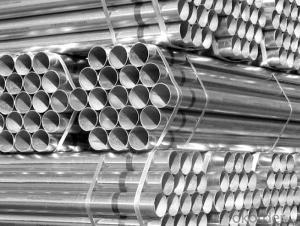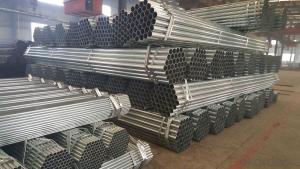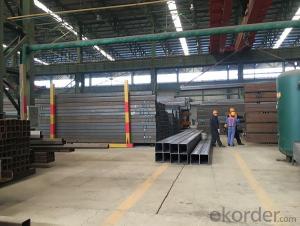Steels Manufacture Building Material Construction with Good Quality
- Loading Port:
- Tianjin
- Payment Terms:
- TT OR LC
- Min Order Qty:
- 100 m.t
- Supply Capability:
- 1000 m.t/month
OKorder Service Pledge
OKorder Financial Service
You Might Also Like
1.Packaging & Delivery
Packaging Detail: | in bundles or as customer's requirement |
Delivery Detail: | Within 30days after receiving your deposit or copy of L/C |
2.Specifications
HRB400,HRB500 Steel Rebars
1.China direct supplier
2.Best service
3.Competitive price
4.Quantity assured
3.Product Description
Name | High Tensile Export Reinforcing Steel Bar ,Deformed Steel Bar ,HRB400B,HRB,46B,HRB500 Building Construction Material |
Standard | ASTM A615 /BS BS 4449 /GB HRB/ JIS G3112 |
Grade | A615 Gr40/60/75 BS 4449 Gr460,B500 GB HRB335,HRB400 ,HRB500
JIS G3112 SD390
|
Diameter | 6mm-40mm |
Length | 6-12m |
Technique | Low temperature hot-rolling reinforcing deformed steel rebar |
Tolerance | As the standard or as your requirement |
Application | Building, construction, road, bridge,etc |
Certificated | BV |
MOQ | 500tons per size steel rebar |
Packing details | Steel rebar packed in bundle or as your requirement |
Delivery | Within 30 days after deposit |
Payment | T/T or L/C |
4.Chemical Composition
Grade | Technical data of the original chemical composition (%) | |||||||
C | Mn | Si | S | P | V | |||
HRB400 | ≤0.25 | ≤1.60 | ≤0.80 | ≤0.045 | ≤0.045 | 0.04-0.12 | ||
Physics capability | ||||||||
Yield Strength(N/cm2) | Tensile Strength(N/cm2) | Elongation (%)
| ||||||
≥400 | ≥470 | ≥14 | ||||||
Grade | Technical data of the original chemical composition (%) | |||||||
C | Mn | Si | S | P | V | |||
HRB500 | ≤0.25 | ≤1.60 | ≤0.80 | ≤0.045 | ≤0.045 | 0.04-0.12 | ||
Physics capability | ||||||||
≥500 | ≥630 | ≥12 | ||||||
5. Theorectical weight
Diameter (MM) | Cross Sectional Area (MM2) | Theorectical Weight (KG/M) | Weight of 12M Bar (KG) | A Ton Contains 12M Bars (PCS) |
6 | 28.27 | 0.222 | 2.664 | 375.38 |
8 | 50.27 | 0.395 | 4.74 | 210.97 |
10 | 78.54 | 0.617 | 7.404 | 135.06 |
12 | 113.1 | 0.888 | 10.656 | 93.84 |
14 | 153.9 | 1.21 | 14.52 | 68.87 |
16 | 201.1 | 1.58 | 18.96 | 52.74 |
18 | 254.5 | 2 | 24 | 41.67 |
20 | 314.2 | 2.47 | 29.64 | 33.74 |
22 | 380.1 | 2.98 | 35.76 | 27.96 |
25 | 490.9 | 3.85 | 46.2 | 21.65 |
28 | 615.8 | 4.83 | 57.96 | 17.25 |
32 | 804.2 | 6.31 | 75.72 | 13.21 |
36 | 1018 | 7.99 | 98.88 | 10.43 |
40 | 1257 | 9.87 | 118.44 | 8.44 |
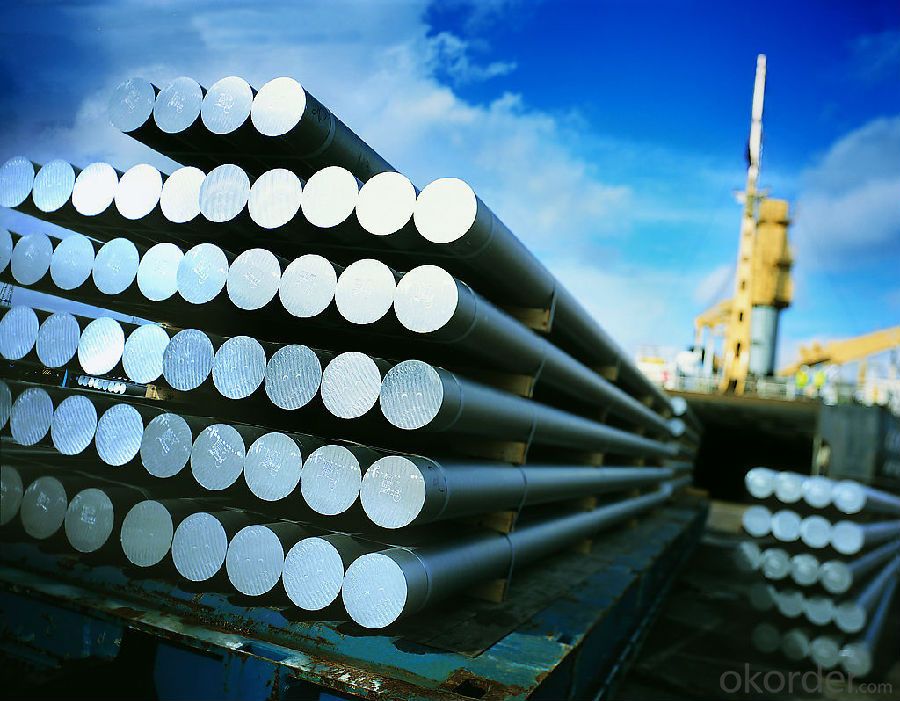
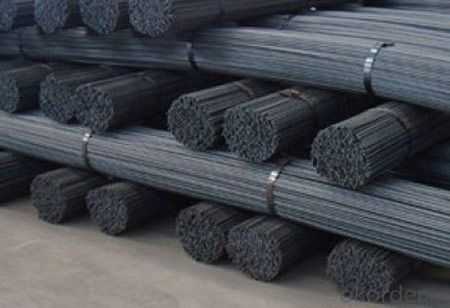
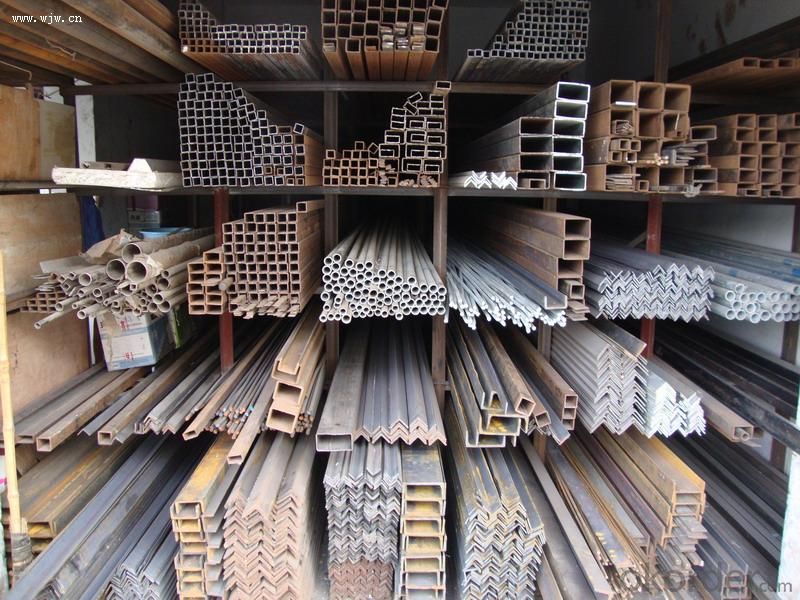
- Q: What is the role of steel pipes in the construction of stadiums?
- Steel pipes play a crucial role in the construction of stadiums as they are used for various purposes such as structural support, framing, and the creation of plumbing and drainage systems. These pipes provide the necessary strength and durability required to withstand heavy loads, ensuring the overall stability and safety of the stadium structure. Additionally, steel pipes are also used for the installation of HVAC systems, electrical wiring, and other infrastructure components, making them an essential element in the construction process.
- Q: What is DN50 for welded pipe?
- Refers to the use of welded steel pipe made of DN50 steel pipe, refers to the inside diameter is 50mm, the market of common DN50 pipe also refers to the 2 inch pipe, standard pipe: 3.5mm thickness, pipe diameter 60mm, the weight of 4.88kg/m theory.
- Q: How long do steel pipes typically last?
- Steel pipes typically last for several decades to over a century, depending on factors such as the quality of the steel, environmental conditions, and maintenance practices.
- Q: What are the different types of steel pipe supports for thermal expansion?
- There are several types of steel pipe supports for thermal expansion, including rigid supports, flexible supports, and guided supports. Rigid supports are typically used for straight pipe runs and provide a fixed point of support. Flexible supports, such as spring hangers or variable spring supports, allow for vertical movement of the pipe due to thermal expansion. Guided supports, on the other hand, restrict movement in all directions except axial movement, helping to maintain the alignment of the pipe during thermal expansion.
- Q: How are steel pipes used in the manufacturing of automotive exhaust systems?
- Steel pipes are commonly used in the manufacturing of automotive exhaust systems due to their durability, heat resistance, and ability to withstand corrosive gases. These pipes are utilized to transport and direct the exhaust gases from the engine to the rear of the vehicle. They are often bent and welded to create a complex system of pipes, mufflers, and catalytic converters, ensuring the efficient flow and treatment of exhaust gases while reducing noise levels.
- Q: Can steel pipes be used for conveying abrasive materials?
- Yes, steel pipes can be used for conveying abrasive materials. Steel pipes are known for their durability and resistance to wear, making them suitable for handling abrasive materials. Additionally, steel pipes can be lined with various protective coatings or linings to further enhance their resistance to abrasion and extend their lifespan.
- Q: What are the common defects found in steel pipes?
- Some common defects found in steel pipes include corrosion, cracks, dents, and leaks. Other defects may include misalignment, improper welding, and pipe wall thinning. These defects can lead to reduced structural integrity, compromised performance, and potential failure of the pipes. Regular inspections and maintenance are essential to identify and address these issues promptly.
- Q: How are steel pipes tested for pressure and leakage?
- To ensure the safety and reliability of steel pipes, various methods are employed to test them for pressure and leakage. Hydrostatic testing is a commonly used technique, whereby the pipe is filled with water and subjected to a specific pressure for a set period of time. This examination aims to detect any weaknesses or leaks by observing if there is a drop in pressure or visible water leakage. The test carefully monitors and measures the pressure, and if the pipe successfully withstands the required pressure without any signs of leakage, it is deemed to have passed. In addition to hydrostatic testing, other non-destructive methods can also be utilized. Ultrasonic testing, for instance, employs high-frequency sound waves to identify flaws or defects in the pipe material. Similarly, magnetic particle testing involves the application of a magnetic field to the pipe and inspecting it for any magnetic particles that may indicate cracks or imperfections. Furthermore, visual inspection is a crucial component of the pressure and leakage testing of steel pipes. Trained inspectors thoroughly examine both the exterior and interior surfaces of the pipe to detect any visible signs of damage, such as corrosion, cracks, or faulty welds. This visual assessment aids in identifying potential weak points that may lead to leaks or failures under pressure. In summary, a comprehensive evaluation of steel pipes for pressure and leakage involves a combination of hydrostatic testing, non-destructive methods, and visual inspection. These rigorous procedures guarantee that the pipes meet the required standards and are safe for their intended applications.
- Q: What are the applications of steel pipes?
- Steel pipes are widely used in various industries and applications due to their exceptional strength, durability, and versatility. Some common applications of steel pipes include transportation of fluids and gases in oil and gas industry, water supply and drainage systems, structural support in construction projects, plumbing and heating systems, manufacturing of automobiles and machinery, and in the agricultural sector for irrigation and irrigation systems. Additionally, steel pipes are also used in the energy and power generation sector, chemical processing plants, and for underground and underwater installations.
- Q: What is the difference between seamless steel pipes and seamless alloy steel pipes?
- The main difference between seamless steel pipes and seamless alloy steel pipes lies in their composition. Seamless steel pipes are made from carbon steel, while seamless alloy steel pipes are made from various alloying elements such as chromium, molybdenum, and nickel, among others. This difference in composition gives seamless alloy steel pipes enhanced properties such as increased strength, corrosion resistance, and temperature resistance, making them suitable for more demanding applications in industries like oil and gas, aerospace, and power generation.
Send your message to us
Steels Manufacture Building Material Construction with Good Quality
- Loading Port:
- Tianjin
- Payment Terms:
- TT OR LC
- Min Order Qty:
- 100 m.t
- Supply Capability:
- 1000 m.t/month
OKorder Service Pledge
OKorder Financial Service
Similar products
Hot products
Hot Searches
Related keywords
